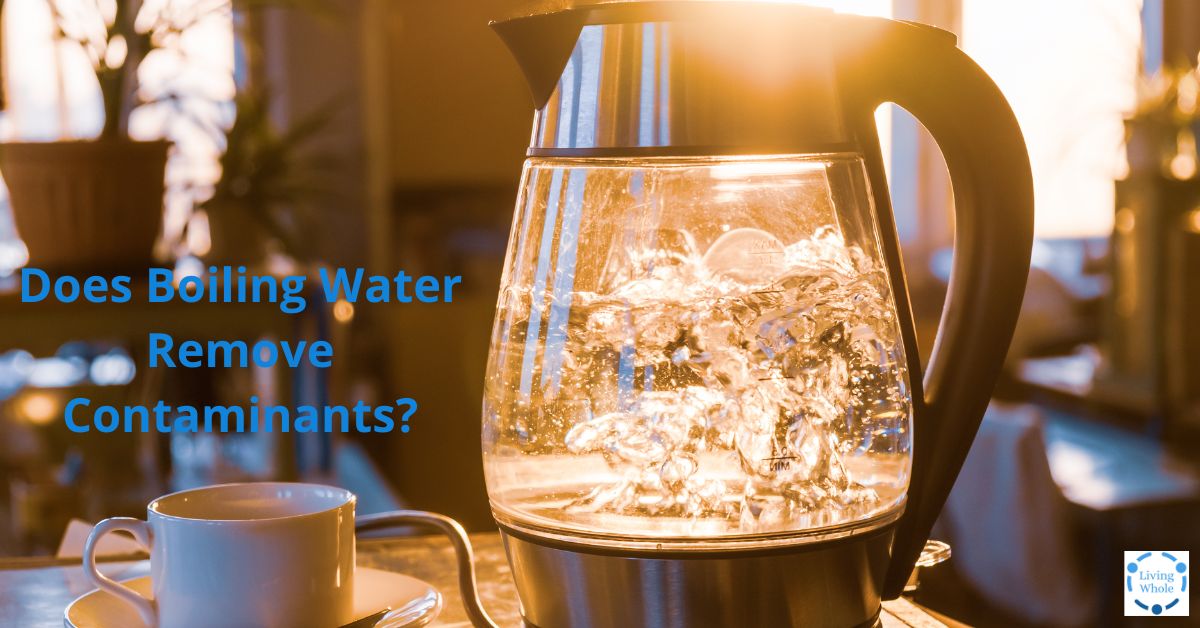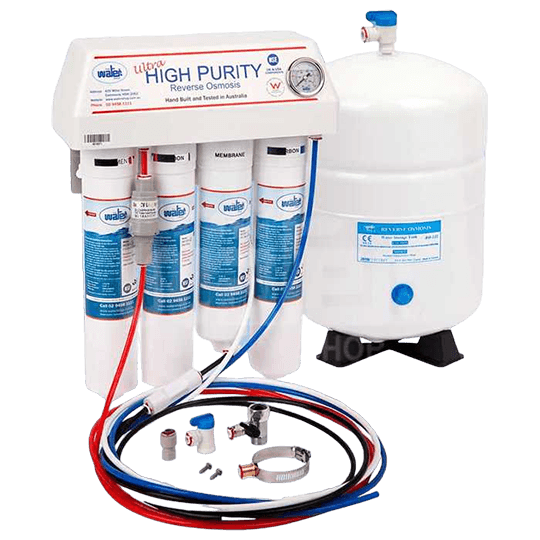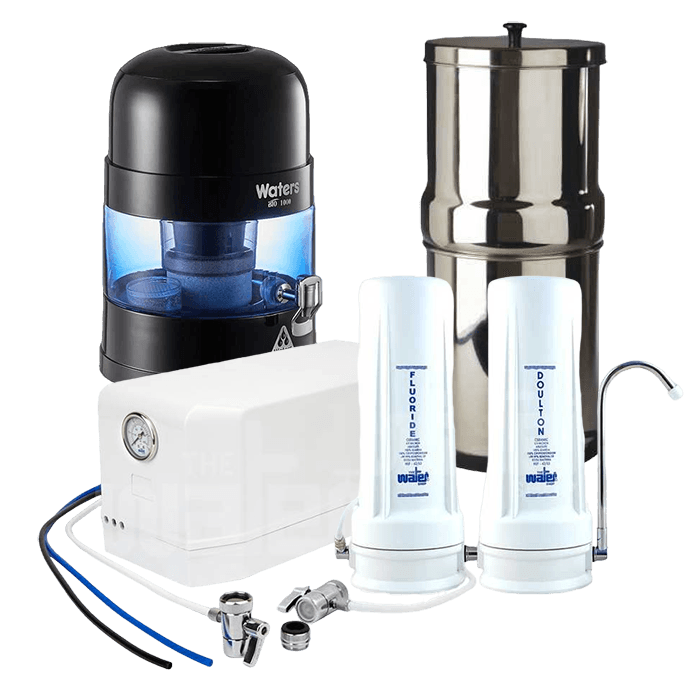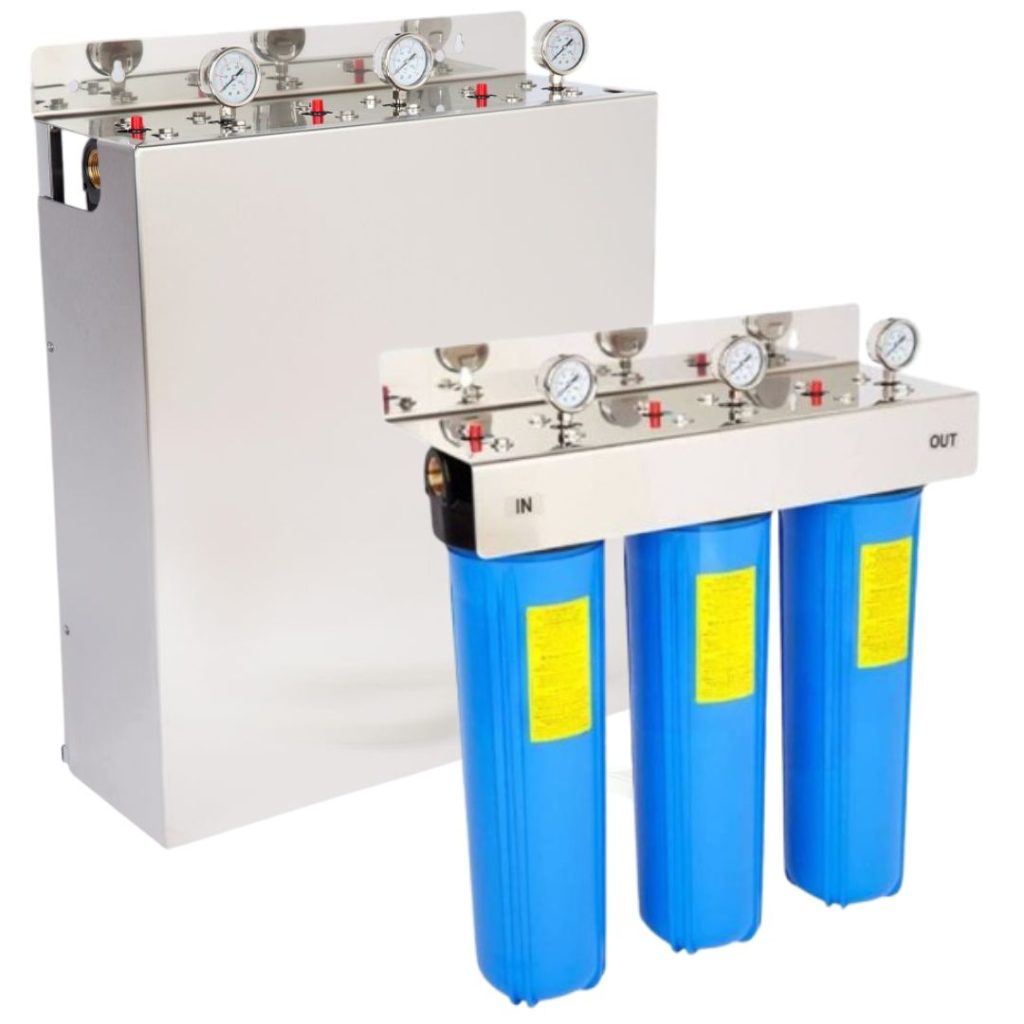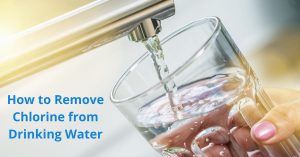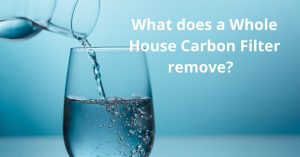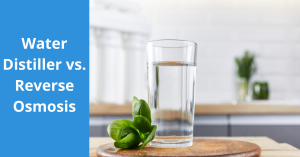As someone who cares deeply about clean, safe drinking water, I’ve often wondered: Does boiling water actually remove contaminants? It’s a common belief that boiling makes water pure, but the truth is a little more complicated. While boiling is great for killing harmful bacteria and parasites, it doesn’t eliminate all contaminants and some may even become more concentrated.
In this post, I’ll break down what boiling can and can’t do, which contaminants remain, and the healthiest ways to filter tap water at home, including my top picks like a reverse osmosis drinking water filter and the best benchtop water filter options.
What Contaminants Does Boiling Water Not Remove?
Boiling water is excellent for killing pathogens like bacteria, viruses, and parasites which is why it’s a go-to method for emergency water purification. However, it doesn’t remove:
Heavy Metals (Lead, Mercury, Arsenic): These dangerous metals don’t evaporate or break down when boiled. In fact, boiling can increase their concentration as water evaporates.
Chemicals (Pesticides, Herbicides, Chlorine): Industrial chemicals and runoff contaminants remain in the water after boiling.
Dissolved Solids (Salt, Nitrates, Fluoride): Minerals and salts stay behind, making the water potentially harder or more contaminated.
Volatile Organic Compounds (VOCs): Some chemicals, like those from gasoline or solvents, may evaporate but can linger in the air rather than being fully removed.
If your water contains any of these, boiling alone won’t make it safe. That’s where a proper home water filtration system comes in.
What Is the Healthiest Way to Filter Tap Water?
Since boiling has its limits, I’ve explored several filtration methods over the last few years to ensure my tap water is truly clean. Here are the most effective options:
Reverse Osmosis Drinking Water Filter
A reverse osmosis (RO) system is one of the most thorough ways to purify water. It forces water through a semi-permeable membrane, removing up to 99% of contaminants—including heavy metals, fluoride, nitrates, and even some microplastics.
Pros: They are extremely effective at removing a wide range of impurities, improve taste and odour, and can be installed under the sink for a sleek look.
Cons: It wastes some water in the filtration process.
If you want the cleanest water possible, a reverse osmosis drinking water filter is a top choice.
Best Benchtop Water Filter
For those who want a simpler, no-installation solution, a benchtop water filter is a great option. These gravity-fed filters (like Berkey or Filteroo) use activated carbon and other media to reduce chlorine, heavy metals, and some chemicals.
Pros: They do not require plumbing, are portable and great for renters or small spaces, and they are more affordable than whole-house systems.
Cons: They may not remove all contaminants (like PFAS or nitrates), and they take up space on the kitchen counter.
If you’re looking for convenience without sacrificing quality, the best benchtop water filter can be a fantastic middle ground.
Whole House Water Filtration Systems
For comprehensive protection, whole-house filters treat all water entering your home, ensuring clean water from every tap. These systems typically use sediment filters, carbon blocks, or specialized media to reduce chlorine, heavy metals, and even some chemicals before they reach your pipes.
Pros: It protects appliances and plumbing from scale/corrosion and eliminates contaminants in showers and sinks (not just drinking water).
Cons: There is a higher upfront cost and installation complexity which may require professional maintenance. It may be less effective for fluoride and best coupled with a point-of-use filter for drinking water.
Perfect for families wanting whole-home protection!
Water Distillers
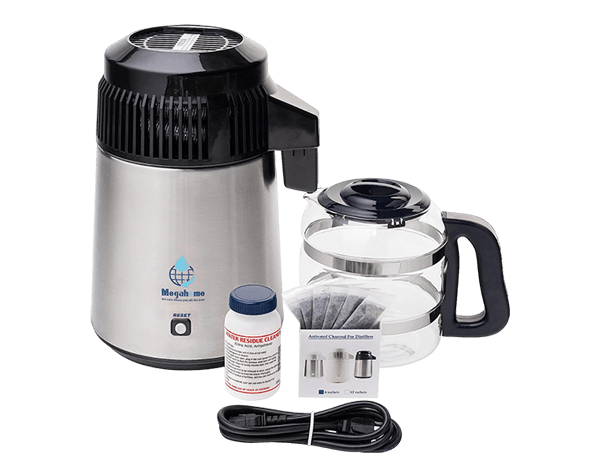
Distillers boil water into steam and condense it back into liquid, leaving behind up to 99% of contaminants—including heavy metals, bacteria, and dissolved solids. It’s one of the oldest and most thorough purification methods.
Pros: They remove virtually all impurities, don’t require expensive filter replacements.
Cons: The slow process takes hours to produce a few liters and it removes beneficial minerals.
Best for: Small households where ultra-pure water is worth the wait!
So, What’s the Best Solution?
Boiling water is a useful short-term solution for microbial contamination, but it’s not a cure-all. For truly clean water, investing in a home water filtration system, whether it’s a reverse osmosis drinking water filter, the best benchtop water filter, or another method, is the best way to ensure your water is safe and healthy.
Stay hydrated and stay safe. Janka from Living Whole

